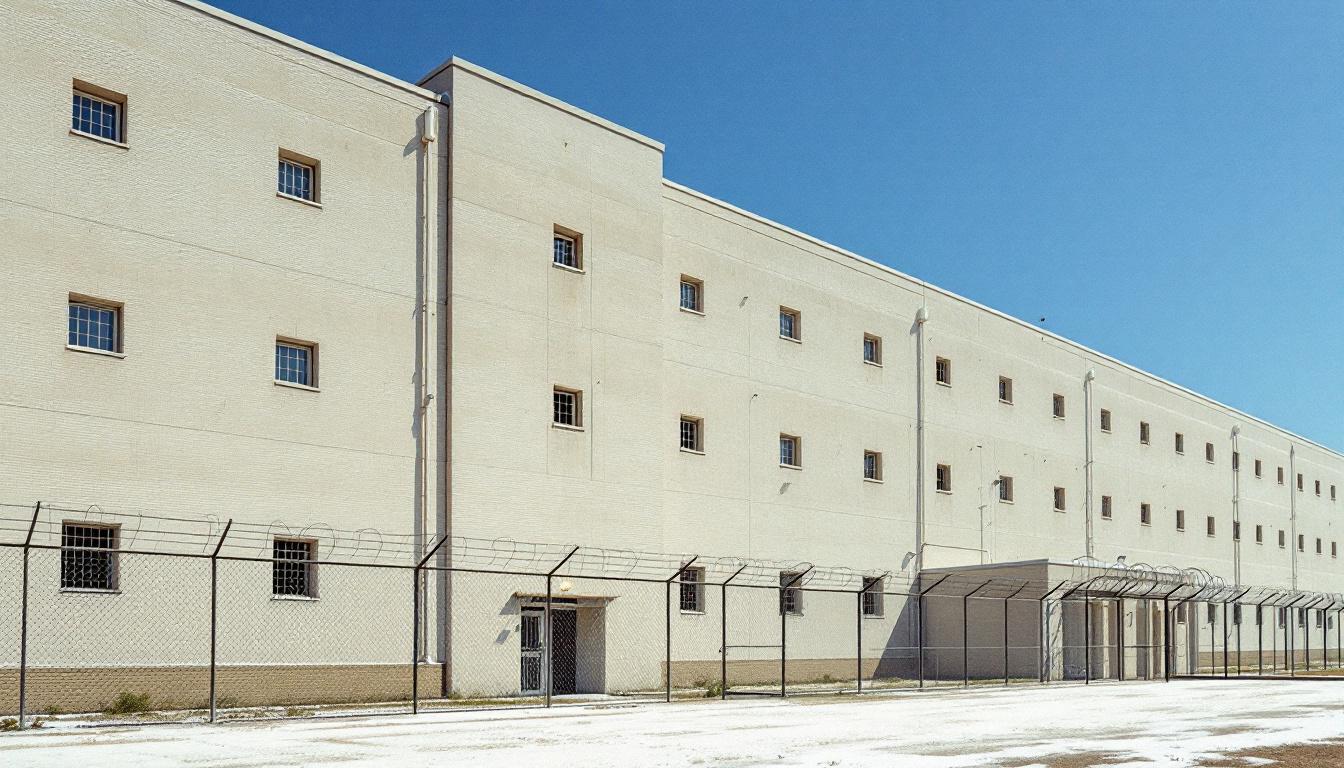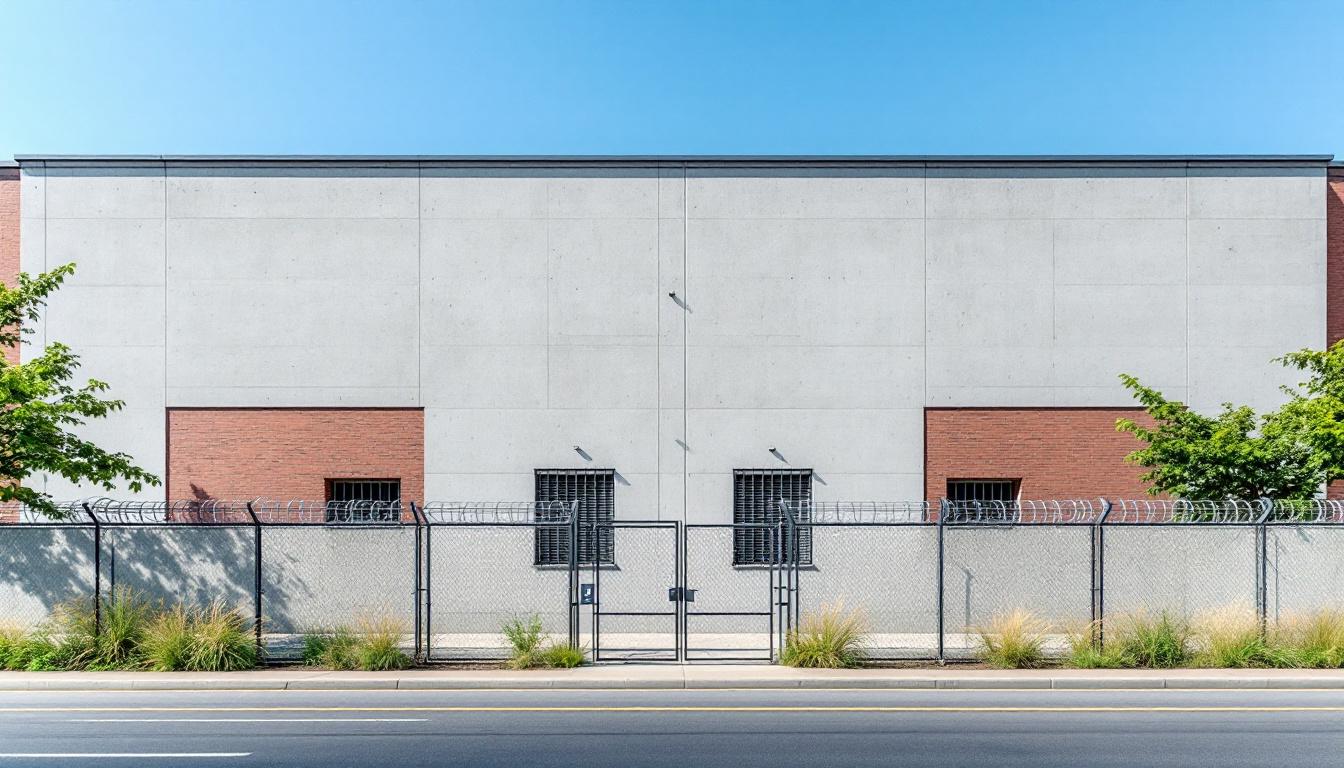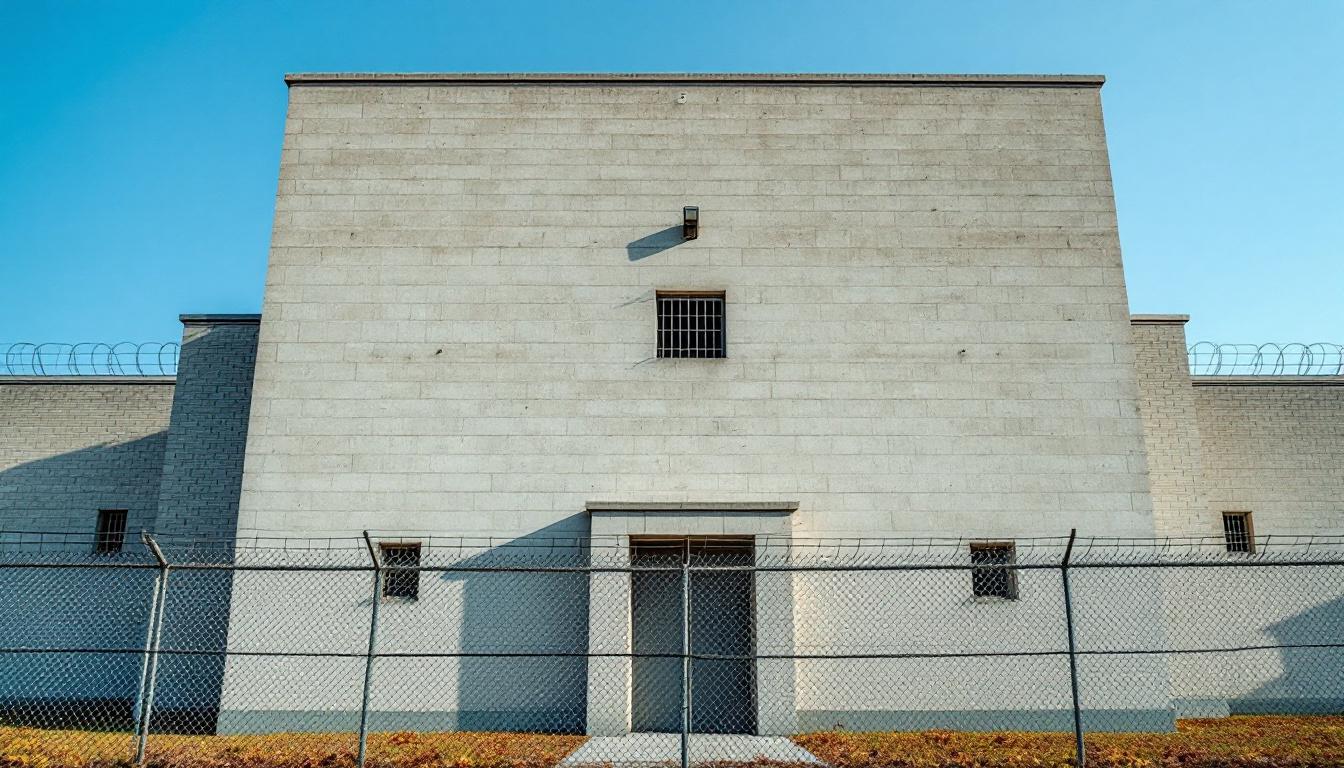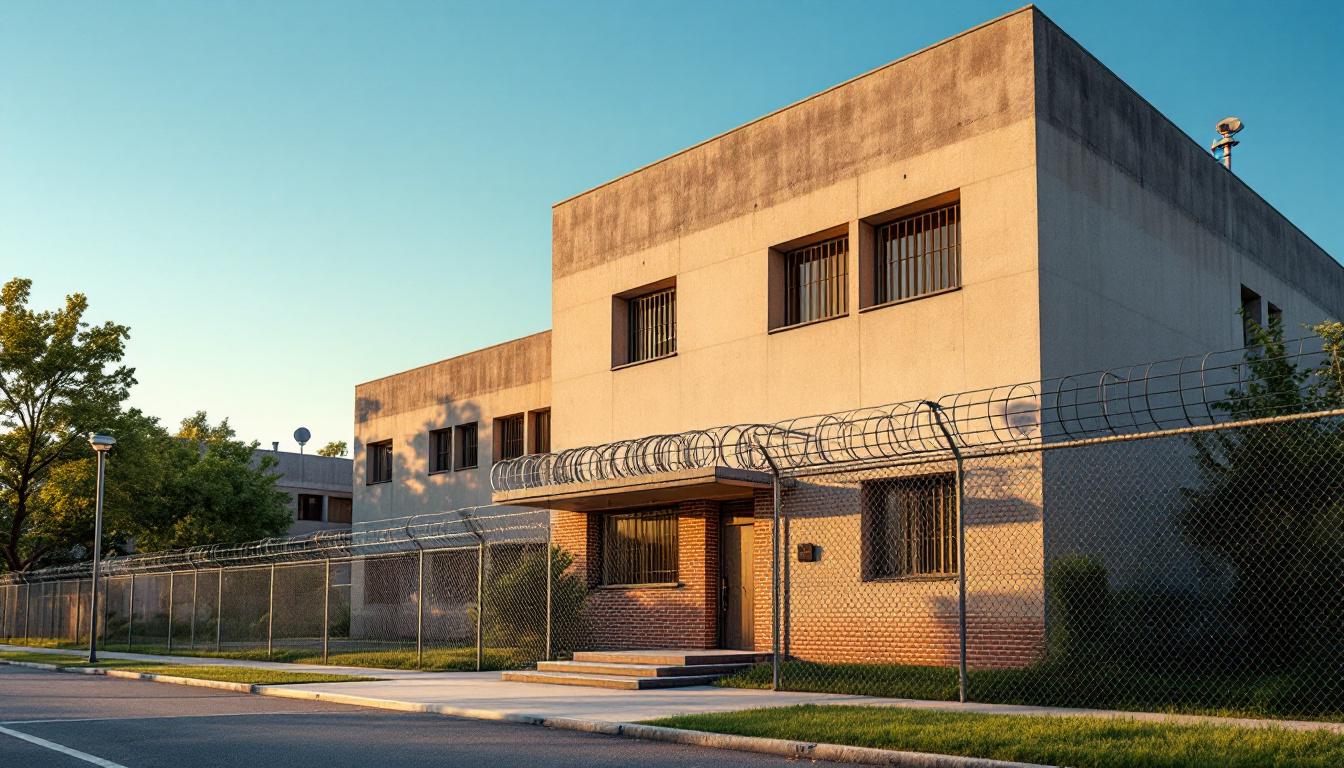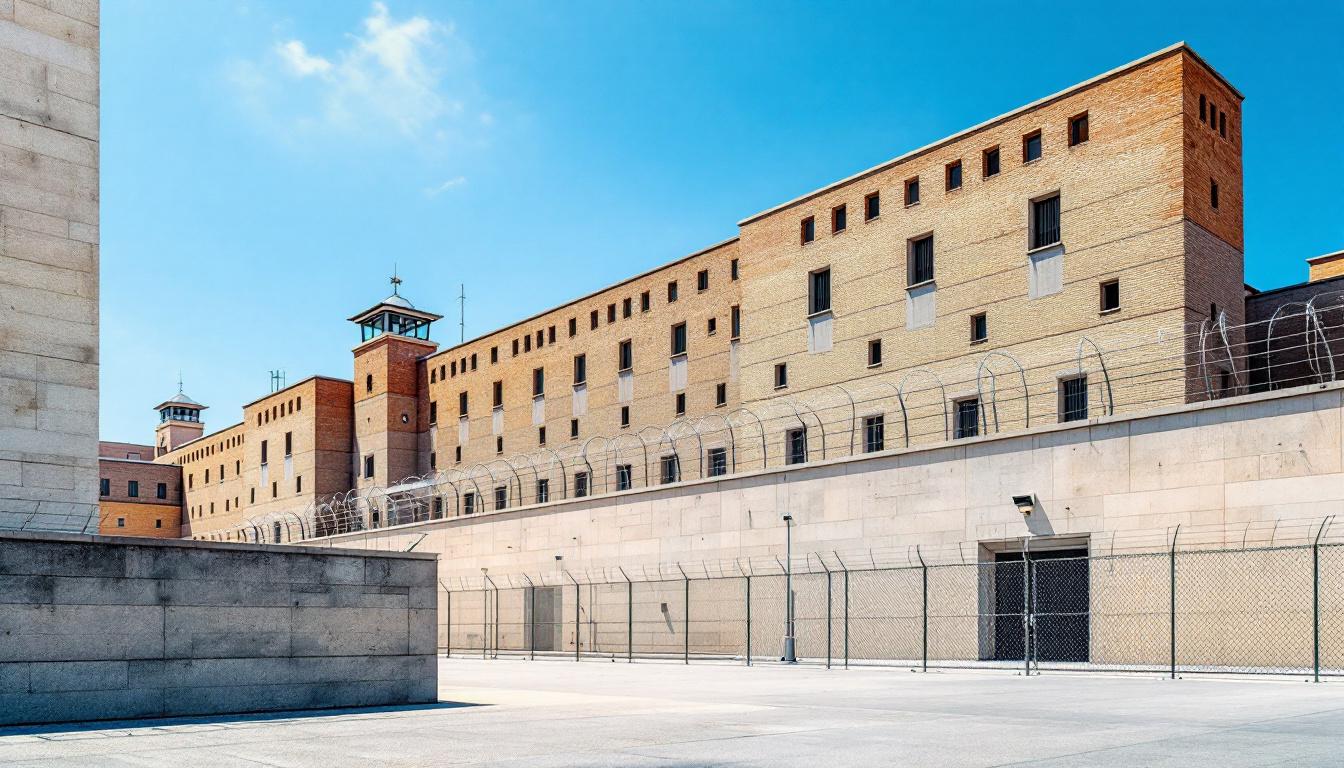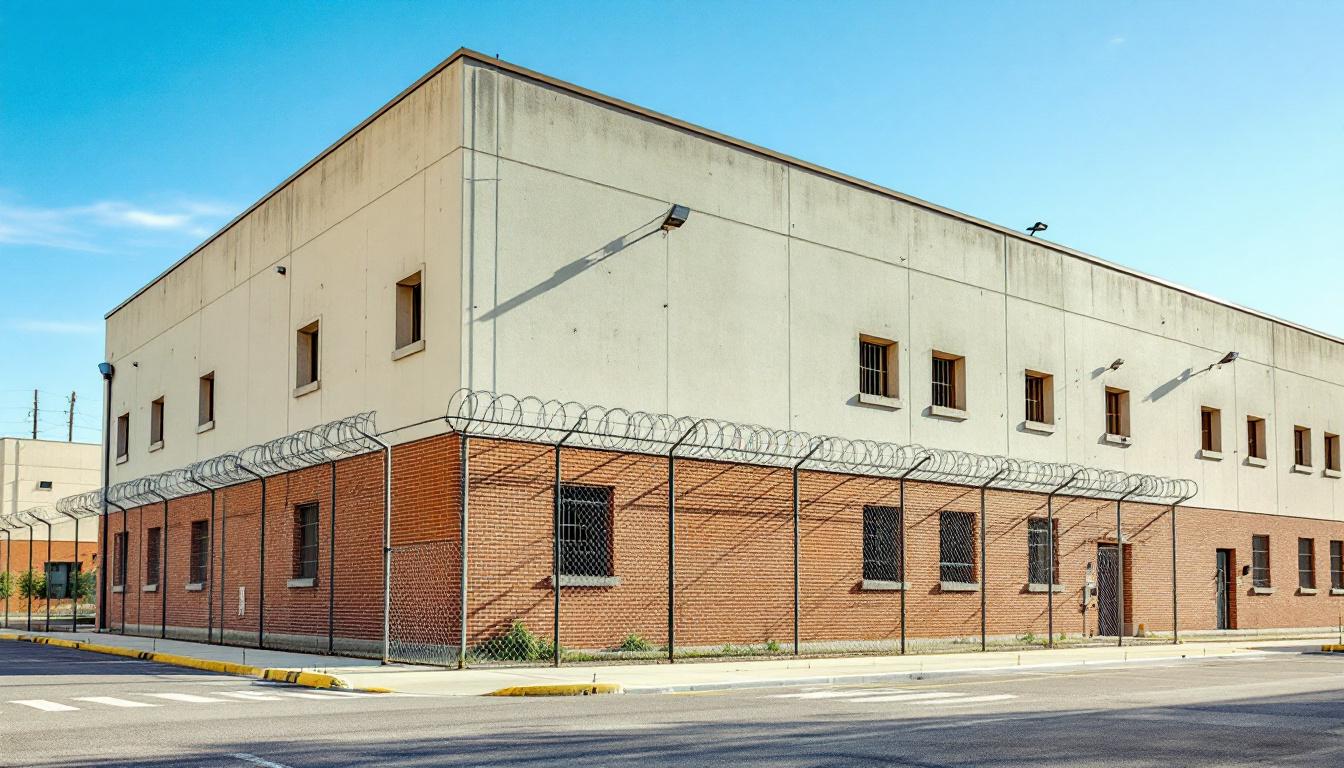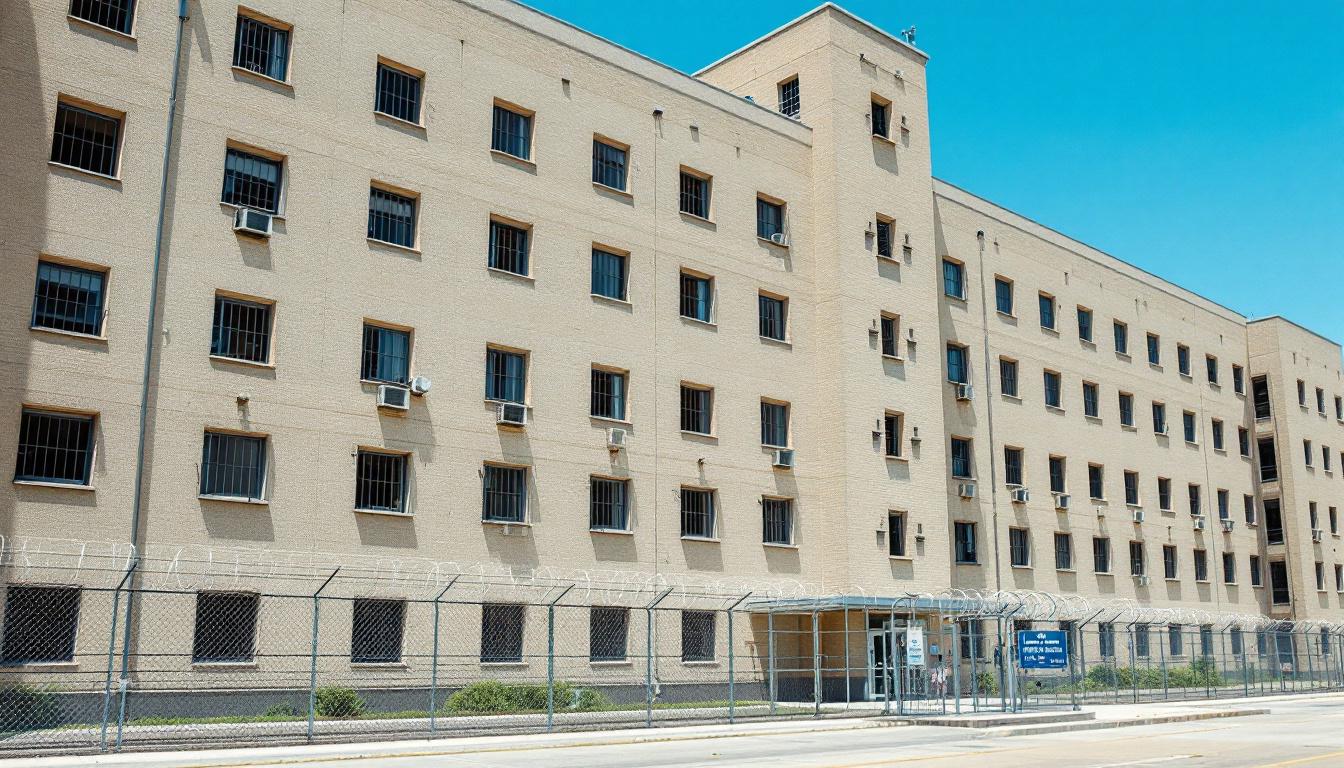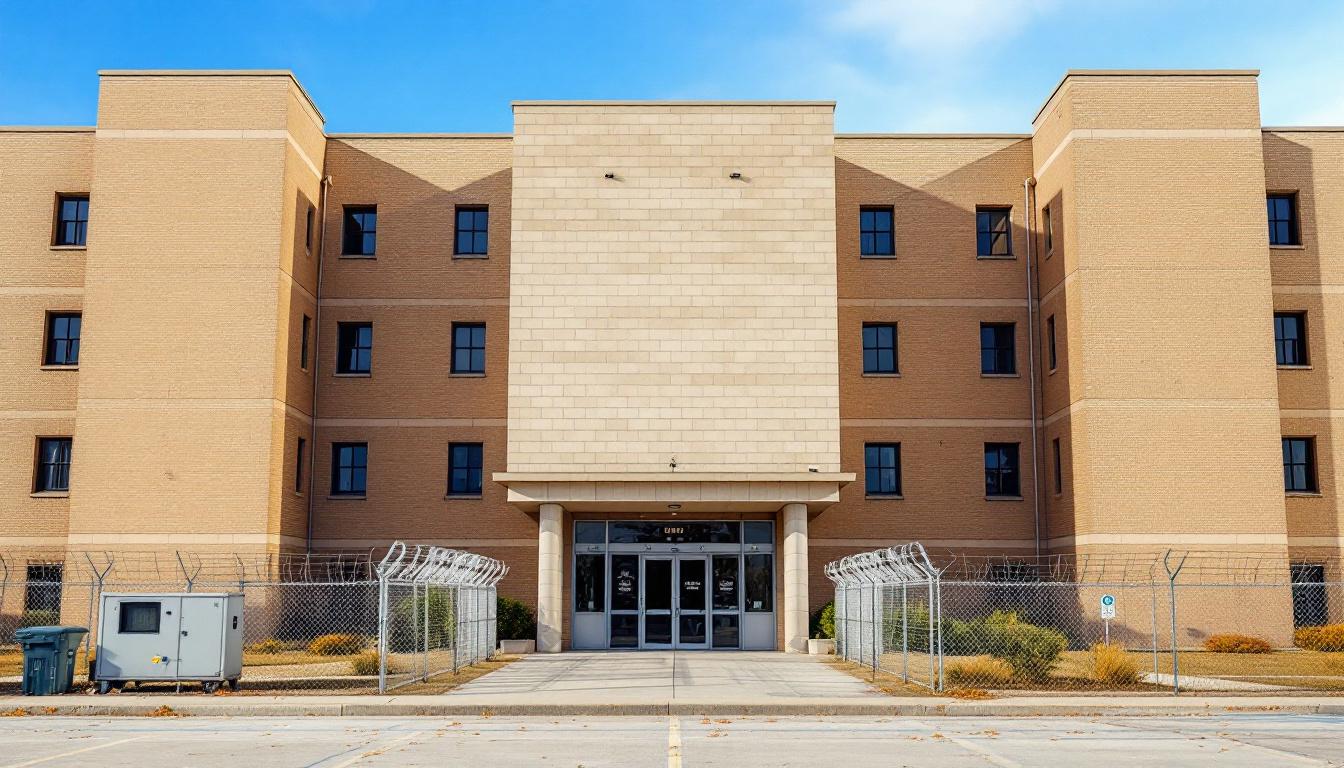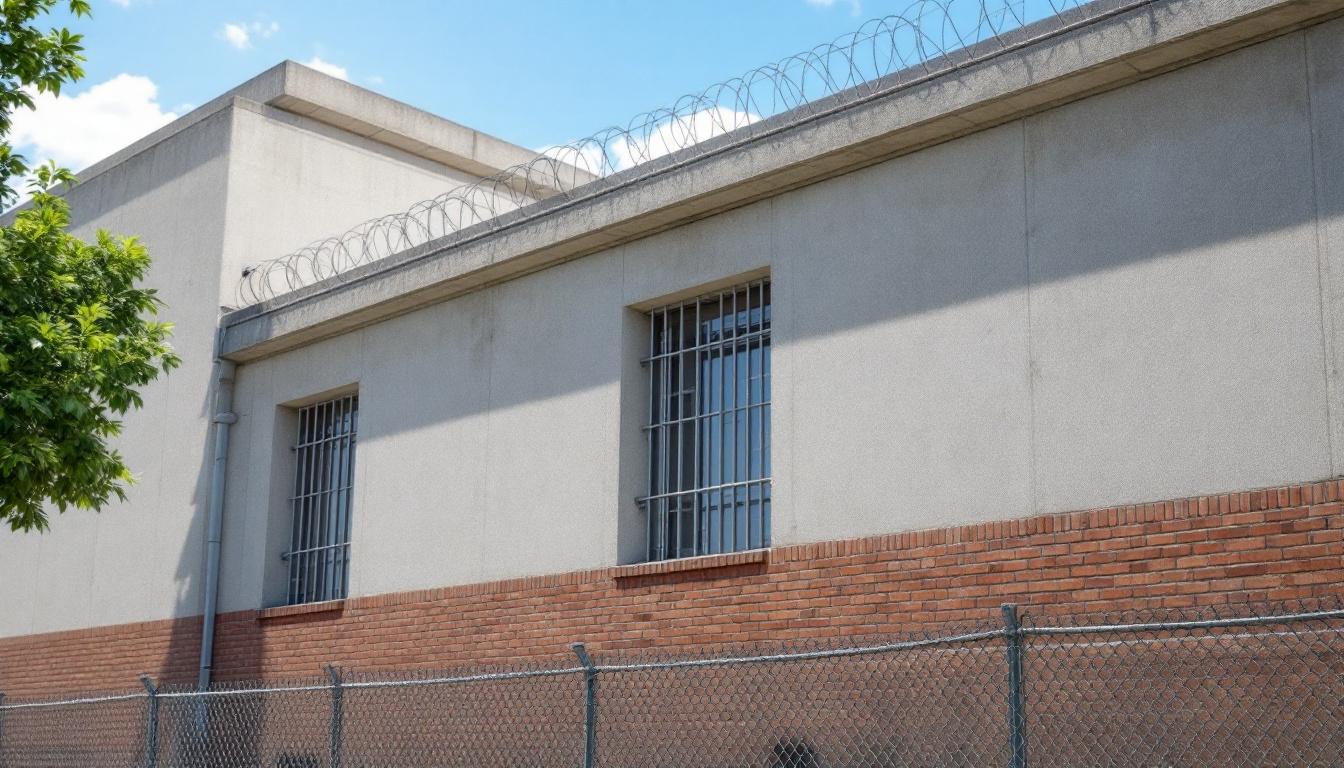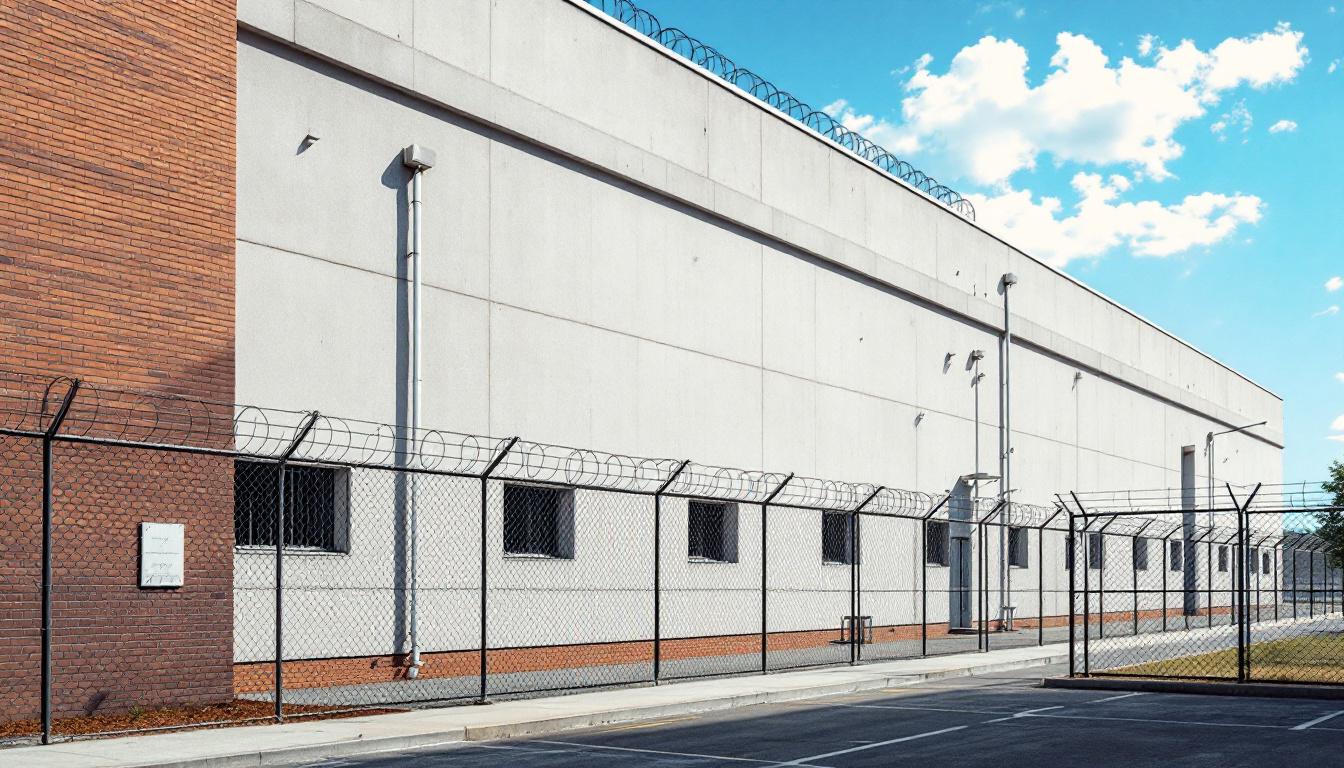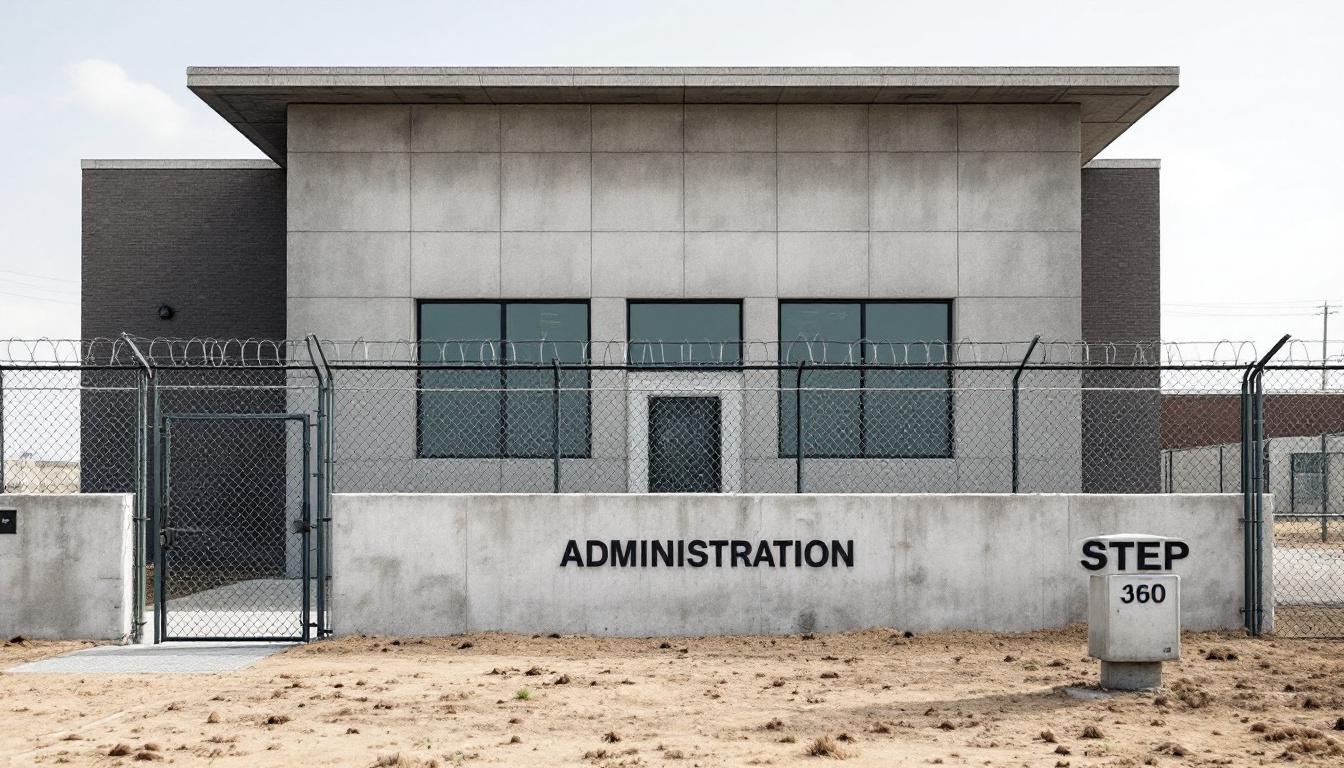
Quick Navigation
How to contact an inmate at Female Community Reentry Facility
This comprehensive guide will walk you through how to connect with an inmate at Female Community Reentry Facility. Follow the steps below to find an inmate and send letters and photos:
- Search for the inmate using our search tool below
- Create your account or log in to Penmate
- Write your message (up to 6,000 characters)
- Send instantly - inmates receive printed copies daily
Find an Inmate
Search for an inmate to start communicating today
Tip: You can search by first name, last name, or inmate ID number
To contact a person at Female Community Reentry Facility start by searching for the person on the official facility website. Perform a search by following these steps:
- Step 1: Enter their first name and last name into the search form and click "Search"
- Step 2: Locate their inmate record
- Step 3: Write down their Inmate ID and any housing information provided
Important! Be sure to enter the person's full name. Nicknames should not be used.
How to Send Messages to Inmates

You can use your phone or computer to send emails, letters, and photos to an inmate. Messages are sent electronically to inmate tablets or kiosks at the facility. If you would like to send a message, start by searching for an inmate at Female Community Reentry Facility.
Sending Photos and Postcards

A great way to send love and support to a loved one at Female Community Reentry Facility is to send photos and postcards. It only takes a few minutes to send photos from your phone and it makes a huge difference. You can also mail postcards with words of support and inspiration, or design your own postcard for special moments like birthdays and holidays.
Important! Be sure not to send any explicit photos or they may not be approved by the facility. You can also use a photo printing app like Penmate to make sure your photos are printed at the correct size (4x6 or 3x5) and are mailed according to the rules and regulations of Female Community Reentry Facility.
Frequently asked questions about Female Community Reentry Facility
-
How long does it take to deliver a message?
If you're sending an email message your letter is usually delivered within 24-48 hours. For messages sent via mail you should expect delivery within 3-7 days. All messages will need be approved by Female Community Reentry Facility.
-
How much does it cost to send a message to Female Community Reentry Facility?
You can send a message free using your phone or mail a message via USPS for the price of a $0.60 stamp and envelope. You can also purchase credits or e-stamps from services starting at $1.99.
-
What services can I use to contact an inmate at Female Community Reentry Facility?
Penmate
You can use Penmate to send letters and photos to an inmate from your phone. It's an easy way to stay in touch during your loved one's incarceration. Use the inmate locator to find an inmate's location and contact information, then you can send messages within a few minutes.
Securus messaging
Securus may be another option for communicating with an inmate at Female Community Reentry Facility. You can create a friends and family account and purchase credits to send messages. All messages will be reviewed and must be approved by the facility.
JPay
Some county jails and state prisons may support sending messages with JPay. You must register an account with the system, find your loved one, and purchase stamps to send messages. For some locations you can also attach photos.
Smart Jail Mail
You may also check if Smart Jail Mail is available at Female Community Reentry Facility. Smart Jail Mail is operated by Smart Communications and has contracted with some state and county jails. After purchasing credits, your messages and photos are sent to the facility, printed out, and then handed out to your loved one.
-
What is the mailing address of Female Community Reentry Facility?
Mailing address:
Female Community Reentry Facility
120 Taylor Ave
McFarland, CA 93250
Phone: (661) 792-1078 -
What are the visiting hours at Female Community Reentry Facility?
Visiting hours at Female Community Reentry Facility vary by housing unit and security level. Generally, visits are scheduled on weekends and holidays, with some facilities offering weekday visits. Contact the facility directly at (661) 792-1078 or check their website for the current visiting schedule. Visits typically last 30-60 minutes and must be scheduled in advance.
-
What items are prohibited when sending mail to Female Community Reentry Facility?
Prohibited items typically include: cash, personal checks, stamps, stickers, glitter, glue, tape, staples, paperclips, polaroid photos, musical or blank greeting cards, hardcover books, magazines with staples, and any items containing metal or electronics. Only send letters on plain white paper with blue or black ink. Photos must be printed on regular photo paper (no Polaroids). Always check with Female Community Reentry Facility for their specific mail policies.
-
How do I send money to an inmate at Female Community Reentry Facility?
You can send money to an inmate at Female Community Reentry Facility through several methods: 1) Online using JPay, Access Corrections, or the facility's approved vendor, 2) Money orders mailed directly to the facility with the inmate's name and ID number, 3) Kiosks located in the facility lobby, or 4) Over the phone using a credit or debit card. Fees vary by method, typically ranging from $2.95 to $11.95 per transaction.
-
Can I schedule a video visit with an inmate at Female Community Reentry Facility?
Many facilities now offer video visitation as an alternative to in-person visits. At Female Community Reentry Facility, video visits may be available through services like Penmate, Securus Video Connect, GTL, or ICSolutions. Video visits typically cost $10-20 for 20-30 minutes and must be scheduled in advance. You'll need a computer or smartphone with a camera and reliable internet connection. Contact the facility for their specific video visitation policies and approved vendors.
-
What identification do I need to visit an inmate at Female Community Reentry Facility?
All visitors must present valid government-issued photo identification such as a driver's license, state ID, passport, or military ID. Minors must be accompanied by a parent or legal guardian who can provide the minor's birth certificate. Some facilities require visitors to be on the inmate's approved visitation list, which may require a background check. Contact Female Community Reentry Facility for specific ID requirements and visitor approval procedures.
-
How can I find out an inmate's release date?
To find an inmate's release date at Female Community Reentry Facility, you can: 1) Use the online inmate search tool if available, 2) Call the facility's records department, 3) Contact the inmate's case manager or counselor, or 4) Have the inmate provide this information during a call or visit. For privacy reasons, some facilities only release this information to immediate family members.
Facility Overview
Contact Information
Female Community Reentry Facility120 Taylor Ave
McFarland, CA 93250
Phone: (661) 792-1078
Official Website
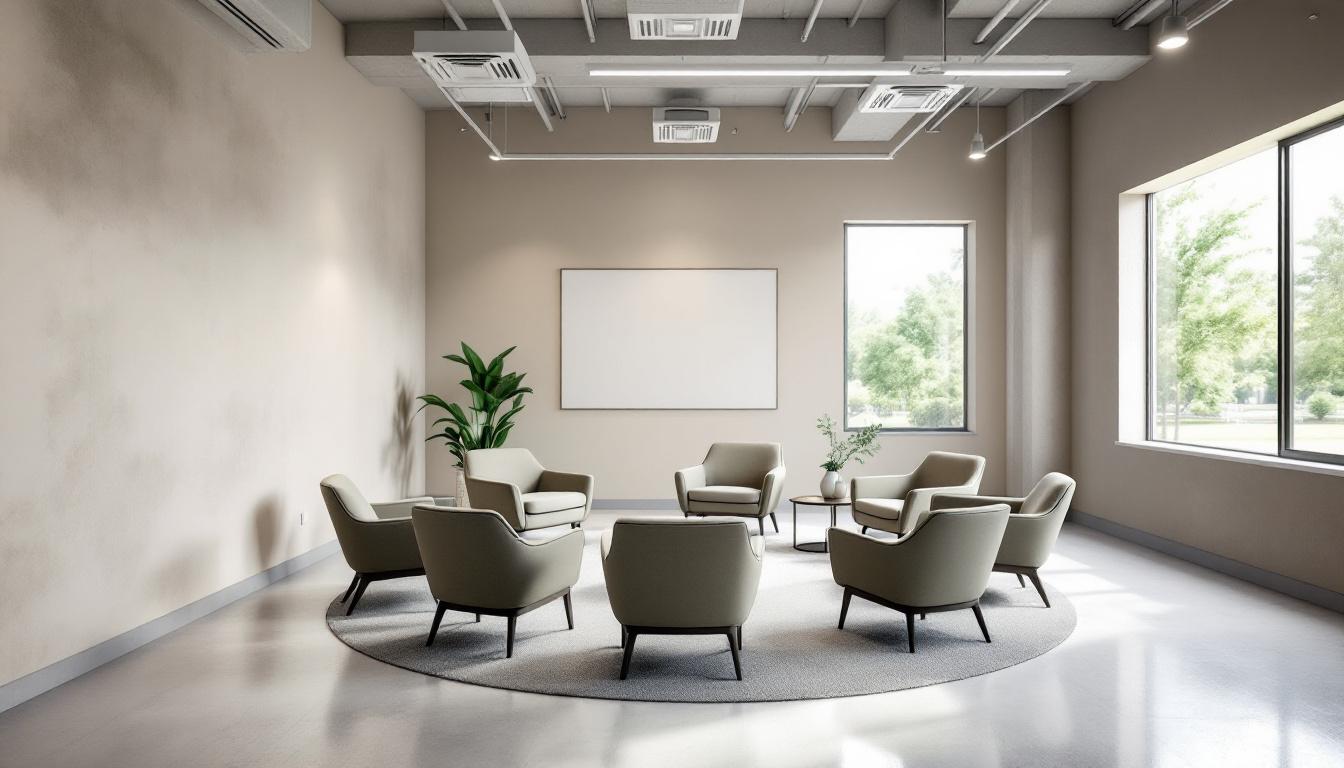
About Female Community Reentry Facility
**San Diego Female Community Reentry Program (FCRP) Overview**
Operating as a community-based alternative to traditional incarceration, the Female Community Reentry Program in San Diego County represents a voluntary pathway for eligible female participants to serve the final portion of their sentences within the community rather than in state prison. This gender-responsive program, facilitated by the Division of Rehabilitative Programs, focuses on providing comprehensive rehabilitative services designed to support successful community reintegration while contributing to reduced recidivism rates.
The San Diego FCRP operates through a structured, phased approach where each participant receives an individualized assessment to identify specific needs and goals. As participants progress through the program phases, they may access an expanding range of services that typically include guidance and support, family reunification assistance, community resource connections, educational opportunities, employment preparation, healthcare services, recovery groups, and housing assistance upon release. The program serves participants who have between 60 days and 32 months remaining before their Earliest Possible Release Date, and enrollment is open to all eligible individuals regardless of their county of last legal residence.
Located in San Diego County as one of six FCRP sites throughout California, this facility provides female participants with the opportunity to rebuild family connections and community ties while completing their sentences in a supportive environment. The program's emphasis on gender-responsive services and community-based rehabilitation reflects a comprehensive approach to helping participants successfully transition from incarceration to independent living in the San Diego area.
Programs & Services
The Female Community Reentry Program (FCRP) in San Diego County operates as a phased, community-based alternative that allows eligible female participants to serve the final portion of their sentences outside of state prison walls. This voluntary program, facilitated by the Division of Rehabilitative Programs, focuses on delivering gender-responsive rehabilitative services tailored to each participant's individual assessment. The program's structured approach begins with addressing core needs identified during intake, gradually expanding privileges and responsibilities as participants demonstrate progress through each successive phase.
Rehabilitative services within the San Diego FCRP typically encompass guidance and support systems, family reunification assistance, connections to community resources, educational opportunities, and employment preparation. The program may also provide access to healthcare services, recovery support groups, and housing assistance to help participants secure stable living arrangements upon release. Additional services often include life skills training, financial literacy education, and substance abuse counseling when appropriate to individual needs.
The program serves female participants who have between 60 days and 32 months remaining before their Earliest Possible Release Date, accepting eligible individuals regardless of their county of last legal residence. This community-based approach aims to reduce recidivism by providing comprehensive support during the critical transition period from incarceration to community reintegration, helping participants develop the skills and connections necessary for successful long-term community living.
Daily Life & Visitation
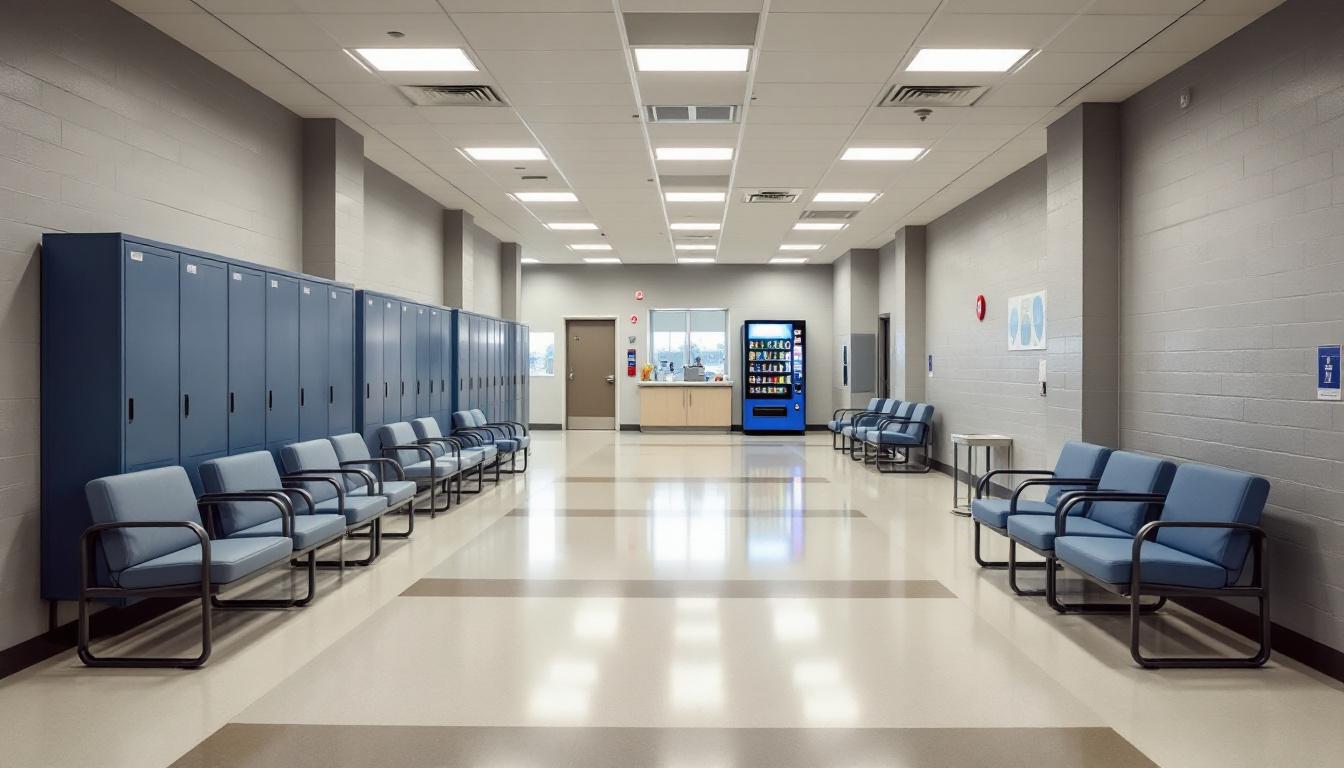
Participants in the San Diego Female Community Reentry Program experience a structured community-based environment that emphasizes rehabilitation and successful reintegration. The program operates through a phased system where women receive individualized assessments that determine their specific needs and daily activities. Early phases typically focus on addressing the core areas identified during assessment, which may include participating in recovery groups, attending educational sessions, and working with case managers on developing essential life skills. As participants demonstrate progress and successfully complete each phase, they gain additional privileges and freedoms that prepare them for independent living.
The community-based setting allows for meaningful family reunification opportunities and access to local resources that would not be available in a traditional prison environment. Participants often engage in job training programs, educational courses, and healthcare services within the San Diego community. The program's gender-responsive approach means that daily schedules may include specialized programming that addresses issues particularly relevant to women, such as parenting classes, trauma recovery sessions, and financial literacy training. Women typically maintain regular contact with their families and may have expanded visitation or communication privileges compared to traditional incarceration settings.
Throughout their time in the program, participants work closely with staff to develop comprehensive reentry plans that address housing, employment, and ongoing support services. The structured daily routine helps women establish healthy patterns while gradually increasing their independence and community integration. This approach, combined with access to local San Diego resources and services, aims to provide participants with the tools and support necessary for successful long-term reintegration into their communities upon completion of their sentences.
Ready to Connect?
Start communicating with your loved one today
Search for an Inmate
